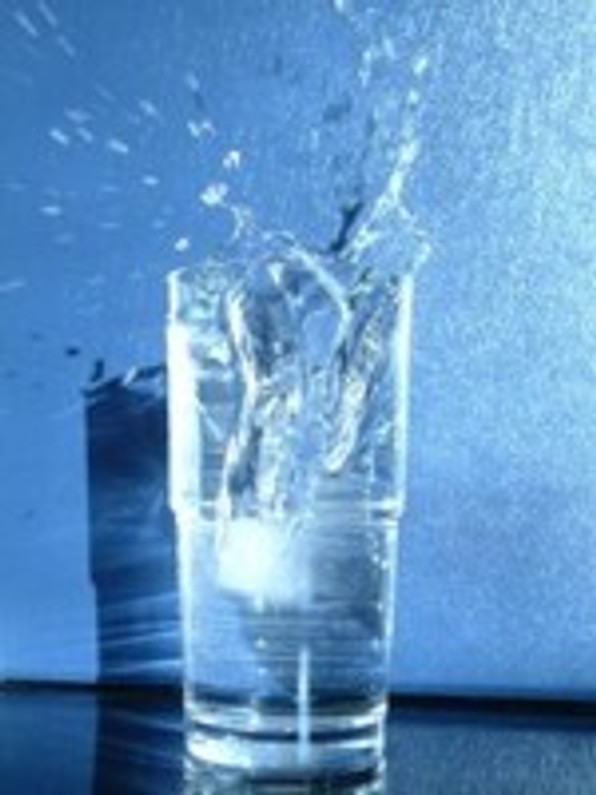Study: Kidney Stones May Increase Risk of Heart Disease
Medical practitioners have known about the link between kidney stones and kidney disease for quite some time, but a new study suggests that people who develop kidney stones are more likely to develop cardiovascular disease.
According to the University of Wisconsin Foundation (UWF), approximately 13% of all men and 7% of all women will develop at least one kidney stone in their lives. Kidney stones are essentially a collection of waste that builds up in kidneys to the point where it's no longer "passable." The exact makeup of a kidney stone varies depending on the person's diet, but most consist of calcium, oxalate, cystine, phosphate, xanthine and irate.
Granted, smaller kidney stones may pass in the urine; a painful but non-invasive method of removal. Larger kidney stones, on the other hand, may require removal through surgery or advanced laser procedures. Regardless of the method used, the fact remains that kidney stones are a painful nuissance that most people want to avoid, and this new study suggests that people who develop them are more likely to suffer from heart disease in the future.
For the study, researchers from the Department of Clinical Laboratory at the First Affiliated Hospital of Guangxi Medical University analyzed data from some 3.5 million patients, 500,000 of whom had experienced at least one kidney stone in their life. Researchers concluded that patients who had experienced a kidney stone were 19% more likely to suffer from coronary heart disease (CHD) and 40% more likely to suffer from a stroke.
Researchers also noted that female patients who had experienced a kidney stone were at a much greater risk of developing heart disease than male patients. So, what's causing the link between kidney stones and an increased risk of heart disease? Unfortunately, this is something that researchers failed to answer in their study. The link is clear, but the exact cause remains unknown.
"Kidney stones are common, and with their association to coronary heart disease and stroke found in this study, it suggests that a thorough cardiovascular assessment should be considered in patients who develop kidney stones," wrote Thomas Manley, director of scientific activities at the National Kidney Foundation.
There are steps you can take to reduce your risk of kidney stones, however, such as drinking more water, avoiding sodas, and going to the doctor for regular health checkups.
Have you suffered from a kidney store before? Let us know in the comments section below!
Recent Posts
-
Fire Safety in the Workplace: What You Need to Know
What steps are you taking to prevent fires in your workplace? According to the U.S. Occupational Saf …Aug 23rd 2023 -
Is It Safe to Go Jogging With a Cold Infection?
If you're suffering from a cold infection, you might be wondering whether it's safe to go jogging. T …Aug 22nd 2023 -
5 Safety Tips to Follow When Using a Powder-Actuated Tool
Powder-actuated tools are commonly used to join materials to steel and concrete. Also known as Hilti …Aug 20th 2023




